

Le Coucher de Soleil sur Les Falaise d’Étretat symbolise la fin de mon séjour en France. The Sunset over the Cliffs of Étretat symbolize the end of my stay in France.
My final days in France! At the end of my fifth week in Tours, there was certainly a sense of change–the Institut’s “cours de semestre” of four weeks just ended, many friends that I made were leaving, and I had just moved into student housing. But the change brought excitement as well–my sister Kelly was traveling from the US to visit me and see my lifestyle in the heart of France!
Over the course of her séjour, we explored the charming sights and towns throughout Normandy–Etratat, Honfleur, Deauville, Bayeux, Omaha Beach, Mont St. Michel–my new hometown of Tours, and a last visit to Paris.
During my sister’s visit, I realized just how seamlessly I have been able to adapt to living in France. As she pointed out places, monuments, people, or cultural behaviors that seem novel or unusually to her, I grasped just how comfortable I had become living in the European country.
Culturally, I had adjust to the “French clock” without fail–long lunches, late dinners, afternoons for enjoying the weather and friends through day outings or resting at the park, nights at the Guinguette. I became a regular at some of my favorite restaurants and knew the best dishes or desserts to order (Nutella with Baguette for 2 € will always be the best!). And I immersed myself in the French interests like music (at La Fête de la Musique), soccer, and even cycling en route to les Chateaux.
Linguistically, I actually learned and developed the skills to hold conversations in French:ordering in restaurants, situations at hotels, talking about costs, discussing billing or order details; I was especially proud of managing to get a free ticket to Mont St. Michel! I became calm and measured rather than panicked when listening and responding to native speakers–doing my best in confidence rather than embarrassment. I developed a stronger French vernacular, embraced a real French accent, and noticed the intricacies and common language of everyday speech by being able to now listen to other people.
Wow! The growth didn’t hit me while I was in middle of my stay because I still felt inferior compared to native speakers. But taking my sister around France and leading the way with my language skills, I realized just how much I benefited from the past six weeks.
Additionally, my final week in Tours brought me a newfound international community. Living in student accommodations with a smaller student population for my final week at L’Institut de Touraine, I met students from all over the world–Spain, UK, Sweden, and even Japan–and learned all about their lifestyle and culture back home and any differences in France. These encounters were the first time that my French language and French culture were what connected me to a group. Sure, interacting with French people allowed me to better understand French language and culture but I was seen as American (fairly enough). With the other international students, the French language and experience connected us, and I needed to tap into that newly fostered part of me to bond with them.
This final week in France felt like the end of an era. Seeing many of the places, monuments, and restaurants that became home for me for the final time was certainly bittersweet–I have no idea of when, or if, I will see Tours or the Loire Valley again. While its difficult to leave now, it means that I must continue to study French to make sure I return and make these places feel like home again!



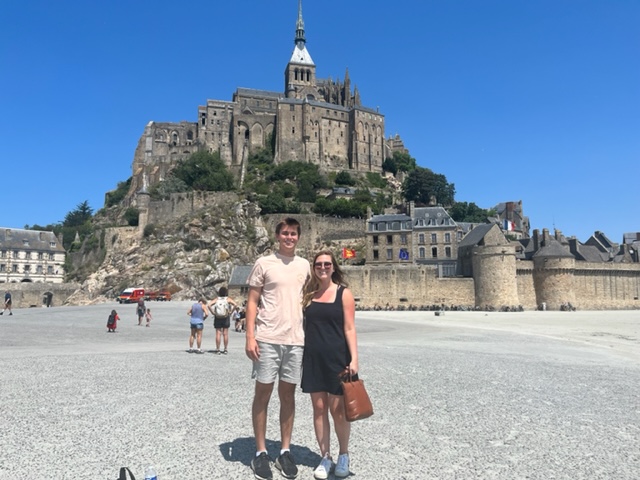
Picking Up Kelly from the Tours Airport then immediately heading to Normandy to visit the Cliffs at Etretat, The American Cemetery at Omaha Beach, and Le Mont St. Michel over the weekend. Normandy was so great I had to visit it again! The American Cemetery is a must- visit for any American citizens… a truly powerful place to feel American pride even thousands of miles from home.
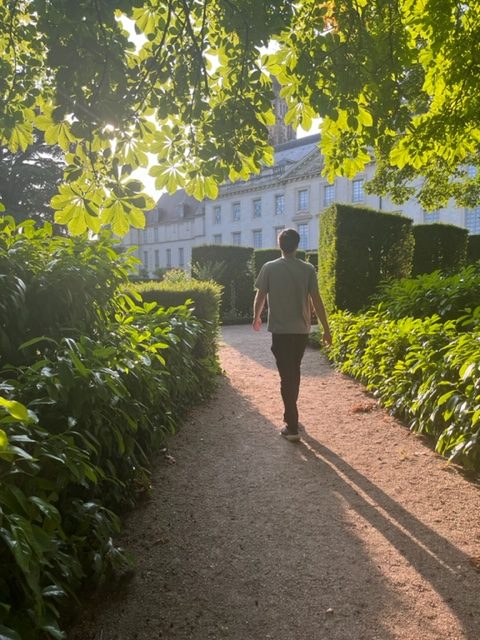

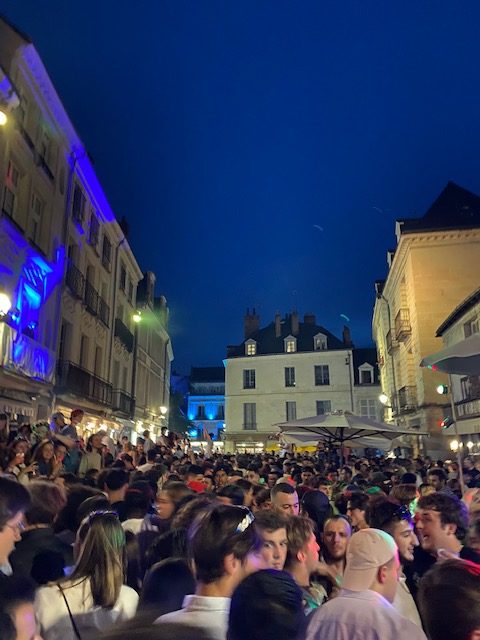
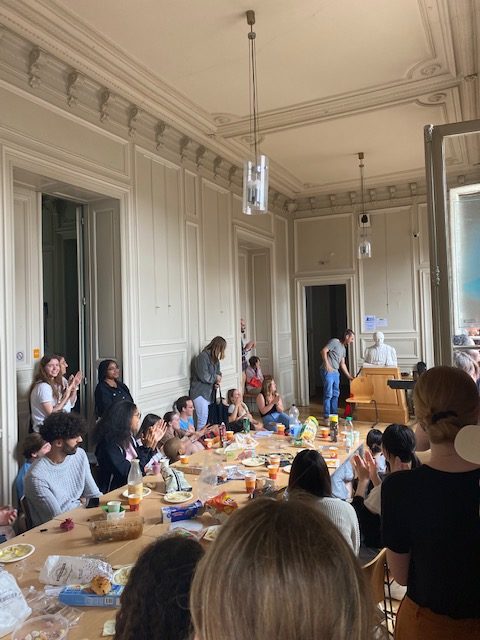
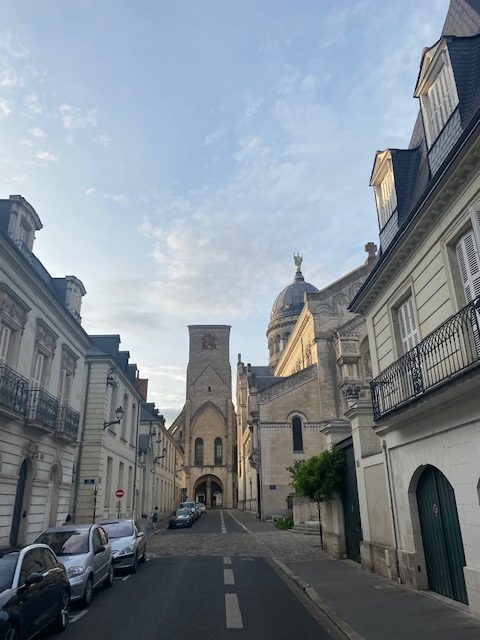
My Final Week in Tours! Showing off the city to Kelly (2 images), La Fete de la Musique takes over the city, a final week “pique-nique” with my classmates at the Institut, and a photo of the city on my final evening in Tours. À bientot, Tours!
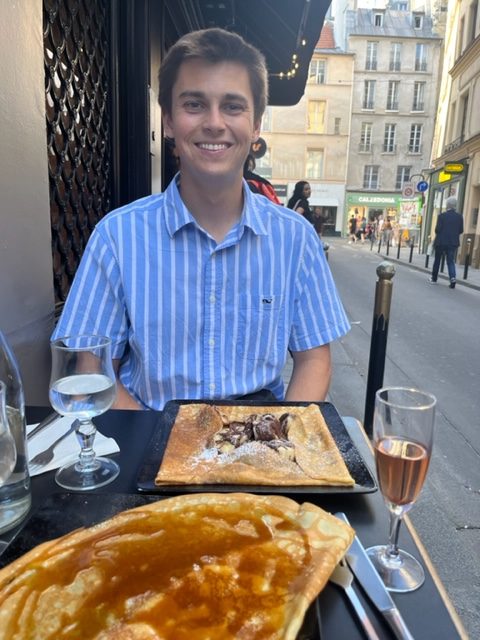



My final night in France meant exploring Paris one final time! A return trip to my favorite crepêrie, a visit to the Pantheon, and a final nighttime walk past the Louvre, where my summer abroad started! A great full circle moment to reflect on my growth and experience.

